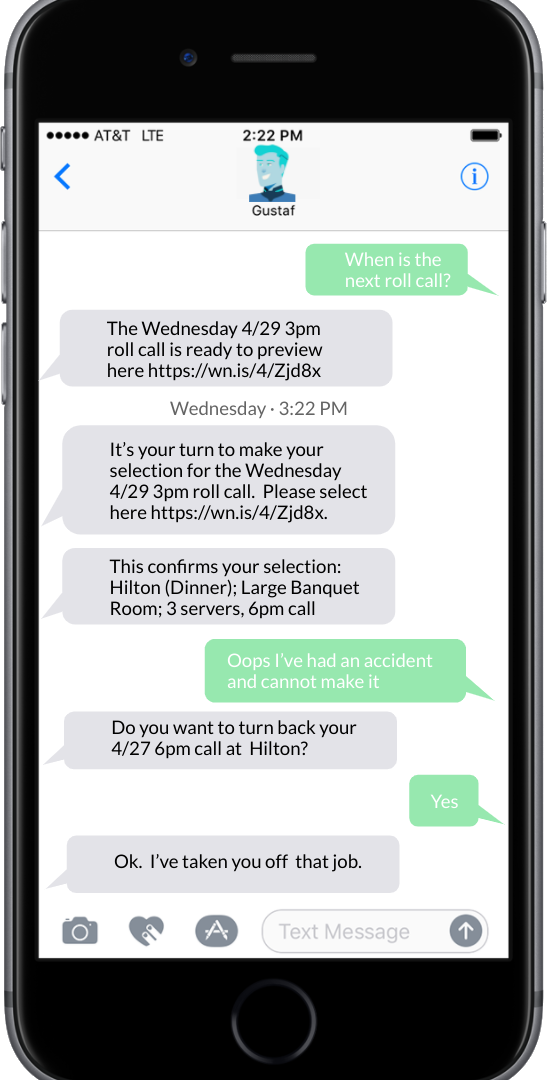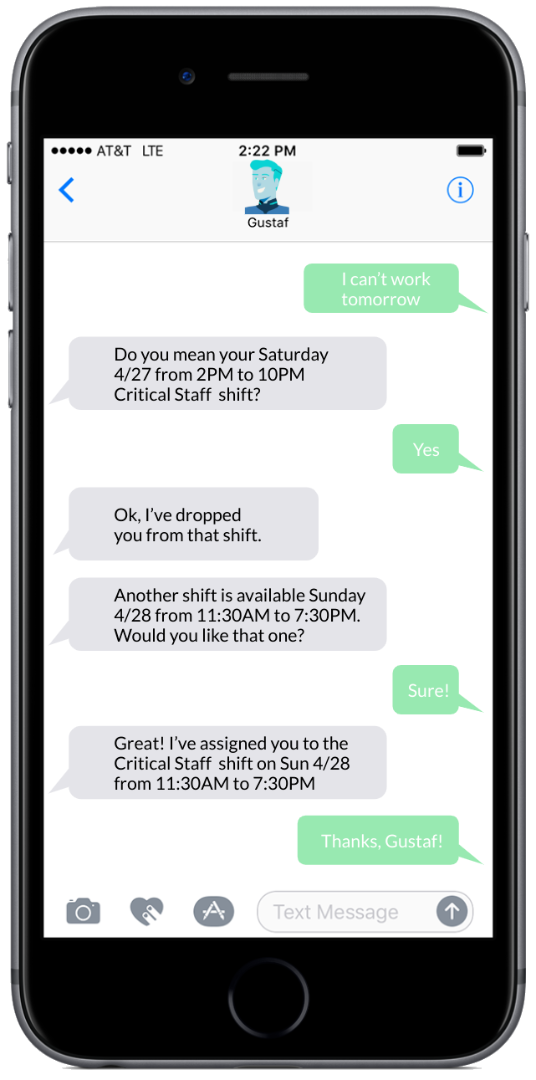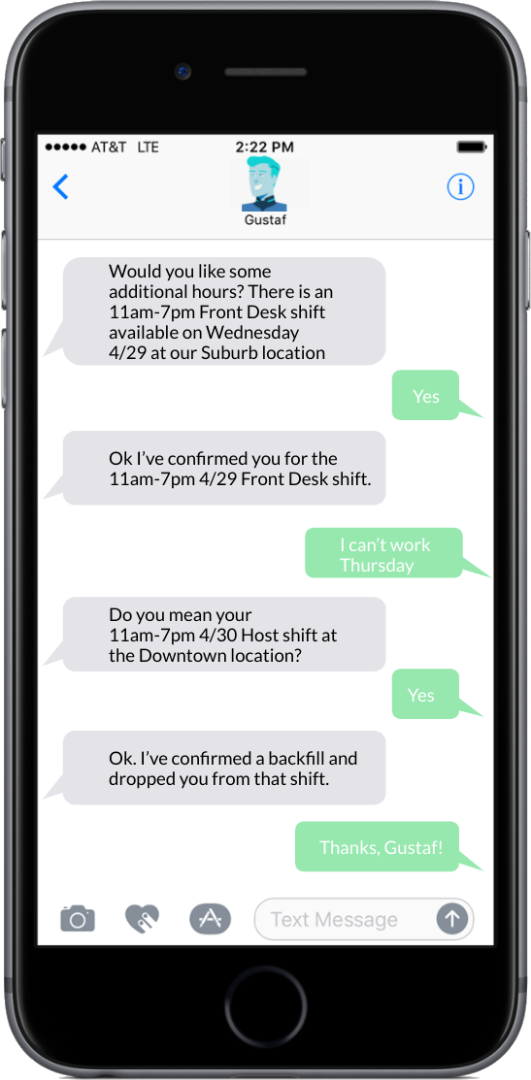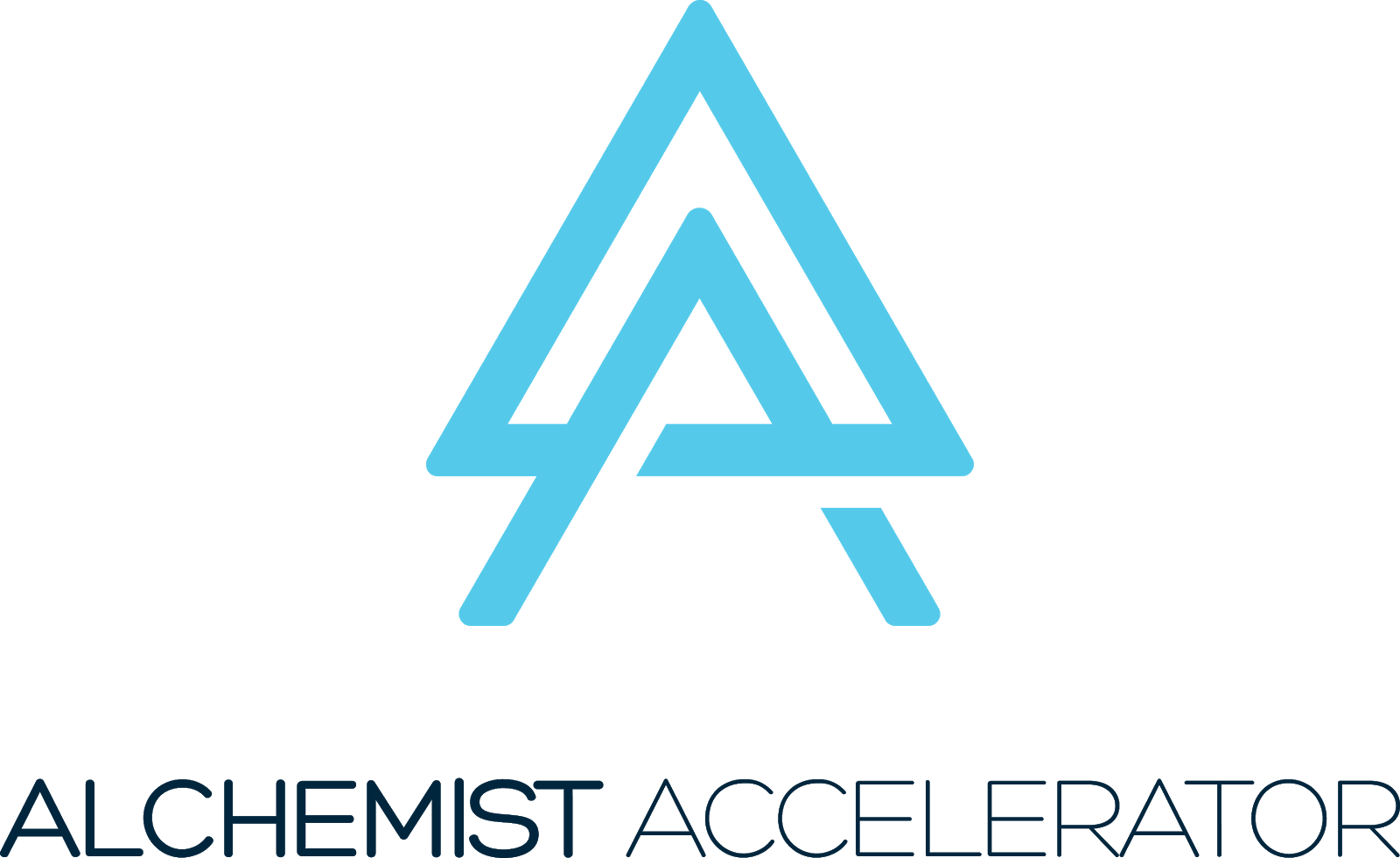Your labor, your way
Benefits
-
1
Tailored to fit your process 100%
No more "mostly compliant" -
2
No install
No downloads
No passwords -
3
Fully auditable and transparent to all stakeholders -
4
100% automation to fill jobs
0% time training -
5
Co-created with top employers, labor representatives, and academics, accelerating buy-in
Dispatch

For hiring halls, bidded schedules, and talent marketplaces
- Automatically pre-register workers for the dispatch and bid process
- Send out the jobs on a set schedule or ad hoc
- Fill as workers respond based on preference and availability
- Arbitrarily complex rules for job offer order, skills, selection, and changes.
- History and audit reports available to all stakeholders on demand
A dynamic urban environment has a number of banqueting locations, some with their own base workforce, some without. With the union, they run a cross city banqueting committee with a hiring hall.
Business locations with their own workforce first dispatch work by enabling workers to bid on their jobs.
All locations then send unfilled jobs to the central hiring hall.
The hall runs a daily roll call at 3pm and an add roll call for last minute changes at 930am.
All jobs are filled automatically, with full transparency to all parties, and auditable from end to end from job creation to filling.
Flex
For large workforces and unions
- Automatically handle and backfill sick calls
- Process bumps and “cascades” to earlier or better shifts without human intervention
- Prioritize bidded shifts and handle waivers for work days, hours, and overtime
- Contingent acceptance of call offs or other changes based on finding a backfill that does not cause overtime
- Connect to existing labor management and payroll systems
A large hotel has hundreds of workers across the front desk, food and beverage, kitchen, housekeeping, and engineering and maintenance departments. Some departments are unionized, and others are non-union but subject to complex local regulations. As a result, each department has different rules for job allocation and shift changes.
Schedules for the following week go out on Wednesday, then a series of bumps and swaps take place according to the particular CBA. The time limits on shift changes can depend on seniority. The opportunities for changes differ depending whether employees are on their bid or not. Some departments can backfill with extras, or even via the hiring hall.
All changes are handled automatically, with full transparency to all parties, and auditable from end to end from job creation to filling.

Overflow

For pooling workforces across sites
- Automatically offer additional work opportunities to workers outside their home location, matching with skills requirements and avoiding overtime
- Spread additional hours fairly without requiring any single manager to oversee across all locations
- Consistent and fair actioning of requests for sick leave with automated backfill
- Comply with complex labor laws such as California
- Connect to existing operational tools
A boutique lifestyle chain has multiple locations across a metro area. Each location has ten to thirty staff maximum on the roster, but across five locations, there are more than a hundred employees in total.
While all locations are in the same general area, the downtown locations have different dynamics driving demand than the suburban ones. And two locations near sports venues have additional drivers.
Each business location identifies their home employees, then can access the broader pool of available employees when additional work opportunities are available. Whenever an employee needs to call off sick, a site manager can be ensured that the request will be backfilled from across the whole labor pool with the best available employee.
Overflowing across locations happens automatically, consistent with labor availability and overtime regulations.
Balance
For project managers, event managers, and destination managers
- Automatically allocate work across a remote workforce
- Assign billable hours to projects while ensuring individuals don’t go into overtime
- Enable both employees and contractors to bid on work that best suits their skills and interests
- Swap talent between projects to optimize without breaking the budget
- Log hours worked via text message
A destination management company has a number of workers in each of ten different cities across three states. The workforce is a mix of full timers and contractors, and the labor laws are different in several of the jurisdictions.
When the company is putting together an event for a client, they draw from the labor pool both local to the event as well as at headquarters. Each client is billed the hours for the workers on their project only. Generally, clients will be willing to pay overtime only if it is approved in advance.
The full time workers need to submit hours for billing purposes for each project, but are paid according to the labor laws for the overall work. Contractors can accept or reject work as it comes and generally don’t get overtime.
All work goes out to the workforce as the opportunity becomes available, and is bidded on according to the individual worker’s availability and preferences. All changes are handled automatically with full data synchronization back to the billing and payroll systems.

When Labs was founded to make work fair, flexible and safe, in the face of unpredictability.
We make supporting the most complex work rules, the most unpredictable business changes, and the most variable individual needs as simple as old school fixed schedules.
We build using the latest advanced technology, so you don't have to. Our solutions are:




We're based in San Francisco, CA and in beautiful Victoria, BC in Canada. We're happy to support you wherever your locations are.






